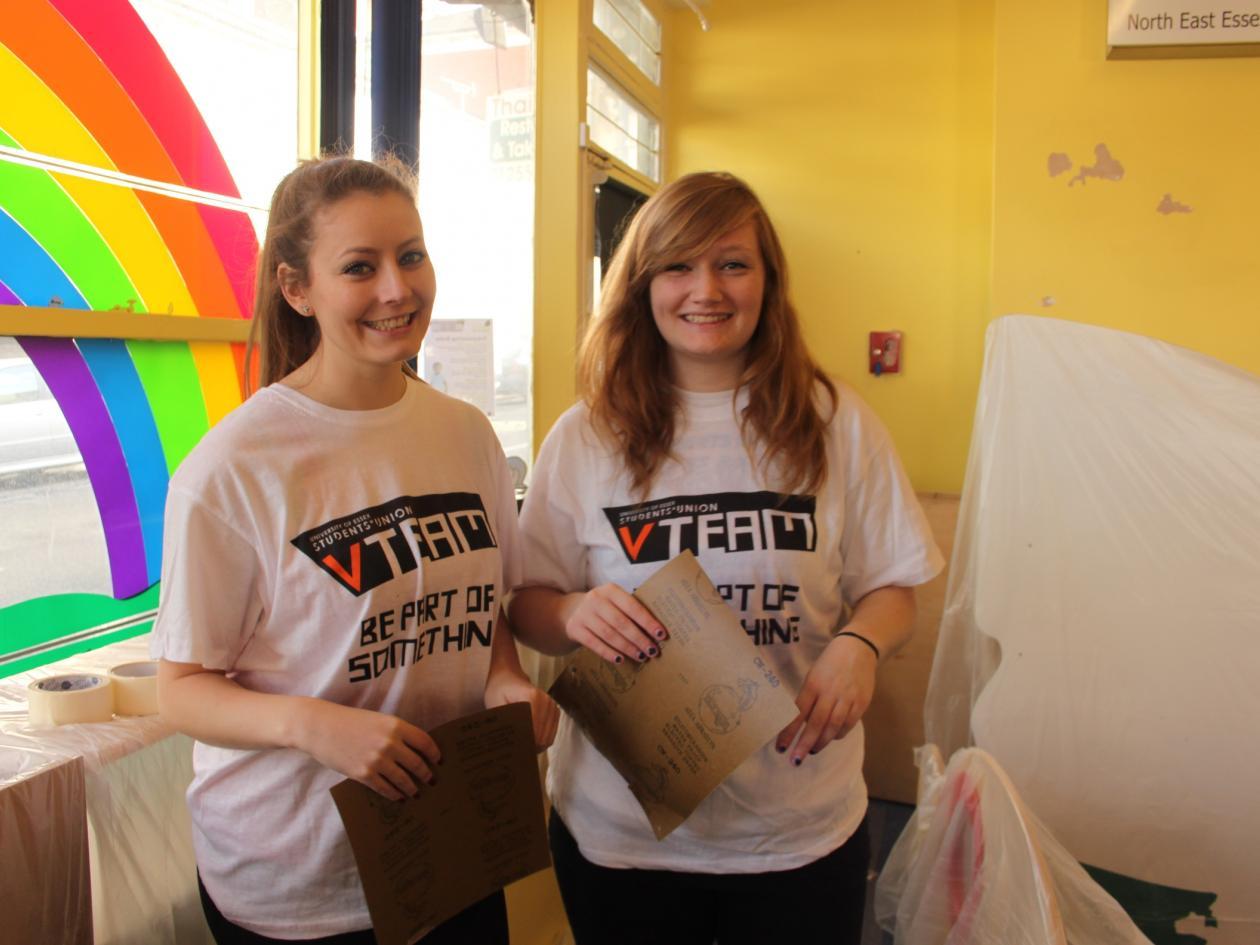Many people today spend some of their spare time doing volunteer work – as well as helping other people and developing skills, there is a common assumption that volunteer work is also looked on favourably by employers and leads to better-paying jobs. Our analysis of longitudinal data from the UK published in Social Science Research confirms that they’re right, but only for those with jobs in the ‘salariat’ – professionals, managers, administrators and the like. Working class volunteers pay a penalty.
Marketing ourselves
Recent economic developments have changed the ‘social contract’ between employers and employees. As employment has become more precarious and less predictable, more workers find they can no longer rely on a system where opportunities are defined internally by tenure or rank; instead, they must market themselves. To do so successfully, they must adopt self-development strategies to make sure they excel in their current job and maximise opportunities for future employment. Under constant pressure to prepare for the next job, they are told to network assiduously, learn new skills by going back to school, and even take classes on writing persuasive job applications and performing well in interviews. In some cases, they are advised to take unpaid and marginally paid positions such as internships or to perform volunteer work.
This brings social benefits, such as gratitude from those who benefit, the approval of other volunteers, family and friends, and the ‘warm glow’ that comes from knowing you have ‘done the right thing’. But are there more tangible rewards? Specifically, do volunteers perform better in the job market? Do they earn more money than non-volunteers? Can volunteering complement paid employment? There is a widespread belief that having volunteer experience on one’s CV is a plus when it comes to competing in the job market or asking for a raise – and a sizeable proportion of volunteers say that one reason they donate their time is to make contacts with people who will help their career.
New skills
There are at least three aspects of volunteering that might be seen as ‘assets’ in the labour market:
- people learn hard skills, such as business management, carpentry, or software use, as well as soft skills such as client relations, good communication and teamwork
- volunteering broadens one’s network of acquaintances at a time when networking has become increasingly important for job seekers. Research shows that volunteers, compared to non-volunteers, have more connections to job-holders in occupations and work organisations other than their own, they belong to more voluntary associations, and they have more socially diverse networks
- employers often supplement formal evaluations of an employee’s efficiency and reliability with judgements based on more indirect indicators of value, such as volunteer work, that attest to the employee’s superior motivation and commitment.
Employers do, indeed, look favourably on volunteers. Professional networking site LinkedIn added a field for members to list volunteer activities in their profiles, after a survey it sponsored discovered that 41% of employers rated volunteer work as equal in importance to paid work when selecting new employees. One in five had based a recent hiring decision on the candidate’s volunteer work. In a recent field experiment, pairs of fictitious applications for real job vacancies that were identical except for the inclusion of volunteer work on one of the pair were sent to prospective employers. The applicants with volunteer work in their profile had a 33% higher probability of being invited for a job interview.
Our study
We used seven waves of longitudinal data from the British Household Panel Survey (1996-2008), to look at the relation between volunteer work and earned income (wages and salaries). On average, we found that volunteers earned only slightly more than non-volunteers, although the difference was statistically significant. In this respect, the study confirmed results reported in a number of previous studies. But an important new finding was that the economic benefits of volunteering were limited to members of the ‘salariat’ – workers in professional, higher technical, administrative and managerial occupations – to the tune of around £2,000 a year. Neither workers in manual skilled and unskilled occupations that comprise the traditional working class nor those in occupations at the intermediate level – routine, non-manual and lower technical, manual and supervisory – saw any benefit from volunteer work. Indeed, workers in the lower classes who volunteered earned less money than those who did not.
Class distinctions
One reason for this difference is that the ‘capital’ which volunteering creates is only useful for those in occupations where reputation, soft skills, social contacts and the like have any value. In the ‘lower’ occupations, income is largely determined structurally by factors such as unionisation, minimum wages and performance relatedness such as piece-work. Another reason is that middle and upper class volunteers are most likely to choose or be selected for the kind of voluntary work, such as serving on a committee or governing board, that gives them more value in the labour market. As with paid jobs, volunteer tasks are distinguished according to their rank, measured by criteria such as power, prestige, autonomy and agreeableness.
For example, in the UK, professionals and managers who volunteer are less likely to engage in tasks such as food preparation and more likely to give presentations, offer advice, serve on a committee, or help with administration. Middle and upper class volunteers also tend to avoid ‘hands on’ volunteer work such as providing services directly to the needy, focusing instead on making it possible for others to provide these services by organising and supervising fund-raising efforts and soliciting government agencies, businesses, and philanthropic organisations for help. At the other end of the scale, craft workers and operatives are more likely to do the manual, routine and relatively unskilled work of maintenance, helping out at events, providing care or transport, or coaching youth teams. Finally, social class determines which kinds of organisations people volunteer for. It is possible that working class people are more likely to volunteer for organisations that provide little or no useful skills, social contacts, or that send the wrong signals to employers. They acquire less capital because of their choice of volunteer work.
Overall: mixed benefits
The message of our findings is that, for people with a university education targeting a career in the ‘salariat’, voluntary work during and after university probably pays off. For workers in the intermediate and lower classes, although volunteer work can provide all kinds of benefits, higher wages is not one of them.
Read the paper in Social Science Research
Authors

John Wilson
John Wilson is Professor Emeritus of Sociology at Duke University

Noemi Mantovan
Dr Noemi Mantovan is, Senior Lecturer in Economics at Bangor Business School

Robert M. Sauer
Robert M. Sauer is Professor of Economics at Royal Holloway University of London




